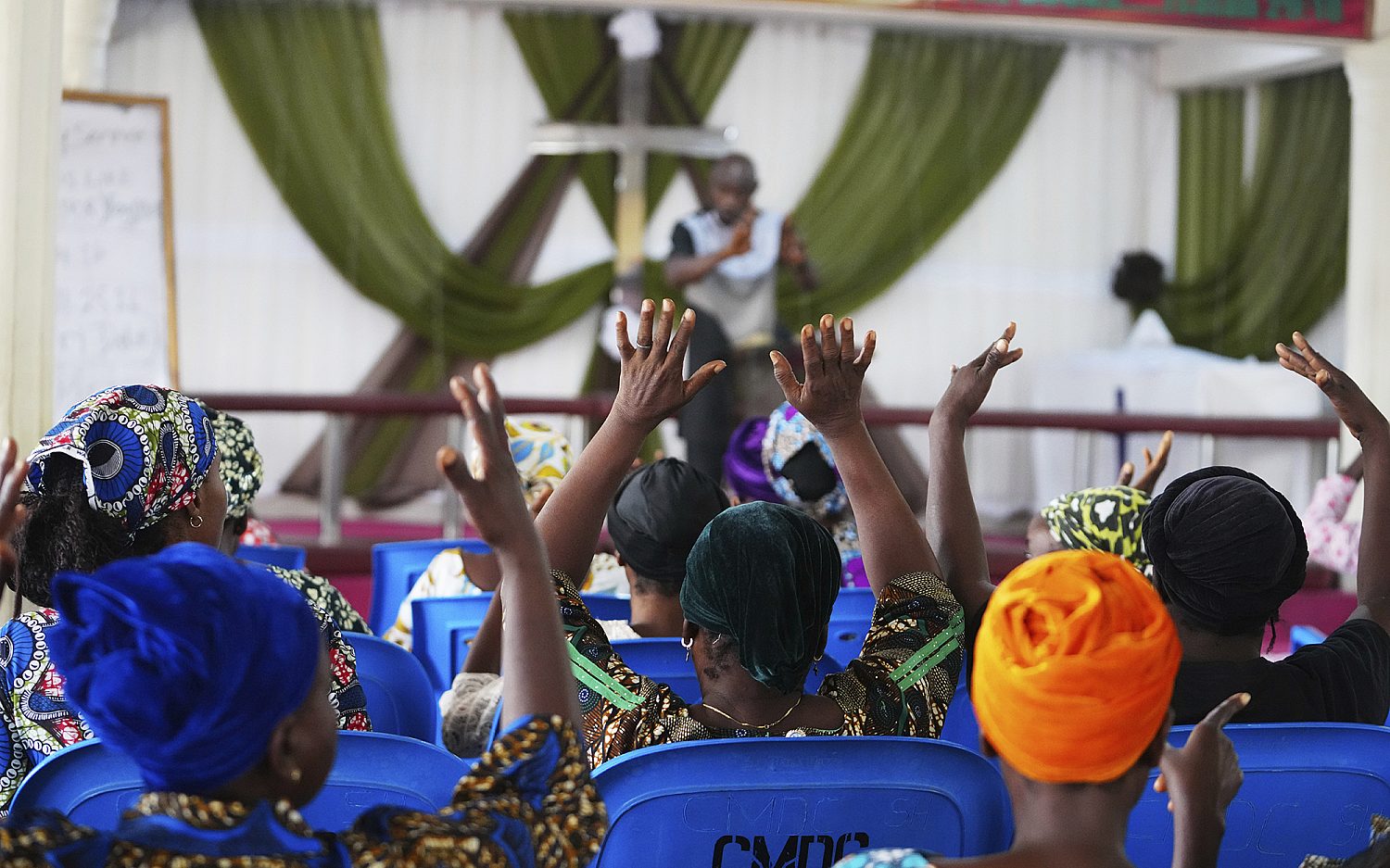Al-Shabaab kills 20 in attack on Mogadishu hotel
Somali security officials on Thursday morning regained control of a hotel in the capital following an overnight attack by the extremist group al-Shabaab that left more than 50 people injured and 20 others dead, including two lawmakers.
“I send condolences to the relatives of lawmakers Abdullahi Jamac and Mohamud Mohamed and likewise to the relatives of all those martyred in the barbaric attack,” Somali President Hassan sheikh Mohamud said in a statement. “These barbaric attacks are aimed to frighten citizens so that they do not support governance and peace and that will never happen.”
The attack began on Wednesday evening when a suicide bomber rammed a car into the gate of Ambassador Hotel, in Mogadishu, damaging the five-story building and killing several people. Gunmen stormed the building after the explosion and began shooting. Sporadic gunfire and explosions continued into Thursday morning.
Ambassador Hotel is popular among Somali government officials and business executives. The hotel rises above Maka Al Mukaram street in the center of Mogadishu, near several banks, restaurants, and other hotels. Somali forces blocked off all the main roads by the hotel before securing the damaged building and killing the attackers.
“National security forces are in every floor, the last fighter on the top roof was shot,” Major Nur Mohamed, a police official, told Reuters today.
In February, al-Shabaab staged a similar attack on another Mogadishu hotel and public garden, killing nine people. The African Union began pushing back the extremist group in 2011. Last year, the peacekeeping forces and Somali National Army ousted al-Shabaab from territories it occupied in the south. But the terror group is trying to show it still has capacity in the country, said Ebrahim Deen, a researcher with the Afro-Middle East Center in South Africa.
“It’s a message that most of these groups are trying to pass,” Deen said. “Shabaab is basically trying to show the government that, ‘yes, you may be pushing us out, but we still have the capacity and you’re not really safe.’”
Earlier Wednesday, the Somali government announced it killed the head of al-Shabaab’s intelligence unit and Dulyadayn, the suspected mastermind behind the 2015 attack on Kenya’s Garissa University, in two separate attacks. The Pentagon announced also on Wednesday that it is assessing the results of a drone strike that targeted al-Shabaab’s senior militant leader, Abdullahi Haji Da’ud.
The military efforts so far have been successful, Deen said, but Wednesday’s attack shows Somali forces need more intelligence planning.
“This is a very sophisticated target,” he added. “It would have taken a lot of effort and a lot of planning to do this. So it shows that much more needs to be done in improving Somali intelligence.”
An actual newsletter worth subscribing to instead of just a collection of links. —Adam
Sign up to receive The Sift email newsletter each weekday morning for the latest headlines from WORLD’s breaking news team.





Please wait while we load the latest comments...
Comments
Please register, subscribe, or log in to comment on this article.